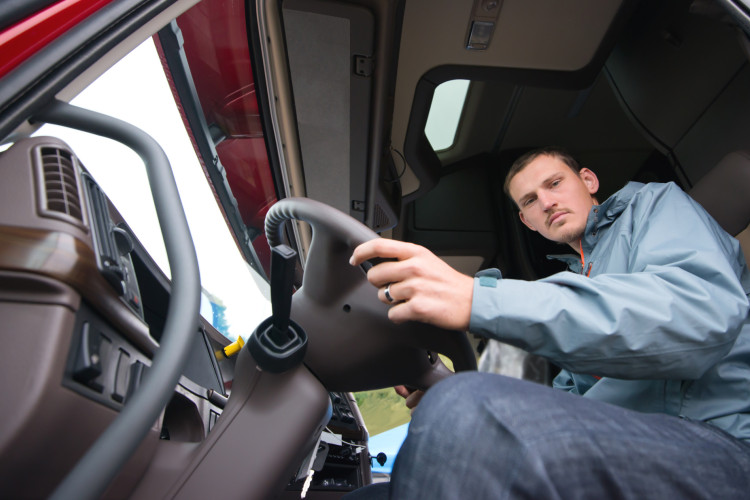The International Road Transport Union has adopted a new call to action urging policymakers to strengthen the sector’s competitiveness through simplification, digitalisation, and harmonisation of transport regulations.
The announcement came during IRU’s General Assembly, which brought together road transport representatives from around the world in Geneva last week. Delegates discussed a range of challenges facing the industry, including rising cargo crime, the transition to low-emission operations, driver shortages, and ongoing economic uncertainty.
At the heart of the IRU’s new competitiveness initiative is a three-step framework aimed at removing persistent regulatory and administrative barriers to efficient road transport.
Simplification refers to the streamlining of administrative processes that currently slow down cross-border freight movements, such as complex permit requirements, excessive documentation, and inconsistent enforcement practices.
Digitalisation focuses on replacing paper-based procedures with interoperable digital systems across jurisdictions. IRU members highlighted the need to accelerate the adoption of electronic consignment notes (eCMR), digital customs documents, and real-time tracking tools that can help reduce delays and fraud risks.
“Operators are still forced to manage redundant paperwork at borders and inspection points that could be handled far more efficiently through trusted digital platforms,” said one IRU council member during a panel discussion. “We’re calling for governments to make digital-by-default the norm.”
Harmonisation targets the wide variation in transport regulations between countries and regions — including differences in vehicle dimension limits, driver working time rules, and technical standards. According to IRU, inconsistent rules continue to pose barriers to international freight flows, especially for small and medium-sized hauliers operating in multiple jurisdictions.
The General Assembly called for greater alignment of regulatory frameworks within and between regions such as the EU, Central Asia, and South America, where fragmented rules continue to limit the sector’s ability to operate efficiently across borders.
IRU argues that while infrastructure investment remains important, unlocking competitiveness in the current economic climate requires equal attention to soft infrastructure — namely, better-aligned and digitally enabled regulation.
Cargo crime and fraud under scrutiny A dedicated panel on cargo crime warned of increasingly sophisticated scams targeting the logistics sector. Experts from the FBI, DP World, TT Club, and Huawei shared examples of fraud schemes and called for a coordinated industry response.
Doug McKelway, Supervisory Special Agent at the FBI, said during the session that criminals are adapting quickly to new technologies and exploiting weak points in supply chain security.
“What we’re seeing is not just traditional theft, but layered fraud networks using digital platforms to impersonate legitimate companies,” he said.
Panel members recommended investment in secure digital identity tools, improved staff training, and closer collaboration with law enforcement agencies across borders.
Action on visas and digital documents The IRU Goods Transport Council adopted an action plan to address visa challenges that continue to restrict international driver mobility. The session also included discussions on digital transport documents and mutual recognition of professional driver qualifications.
Council members noted that driver shortages remain a critical issue in many regions, and barriers such as complex visa procedures are preventing companies from recruiting beyond national borders.
Decarbonisation and operational trials Decarbonisation was another key topic, with members sharing updates on regulatory approaches and operational trials. A truck participating in the Tour d’Europe — a pan-European initiative testing the viability of alternative fuels — made a stop at the venue, demonstrating practical developments in low-emission freight.
While members noted progress in the rollout of zero-emission urban buses, the shift to zero-emission long-distance coaches remains limited due to high costs and infrastructure constraints.






